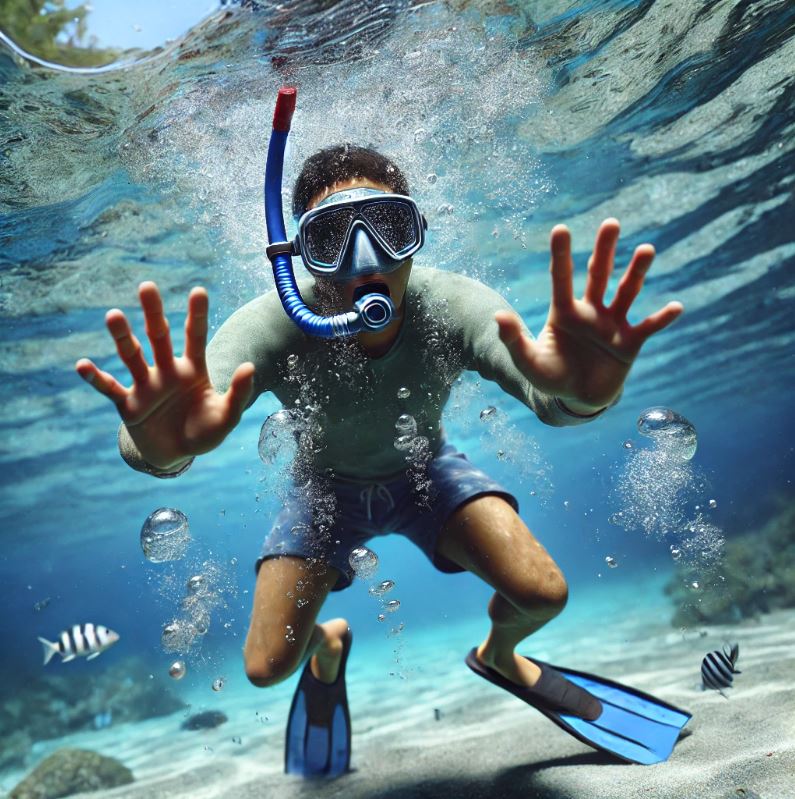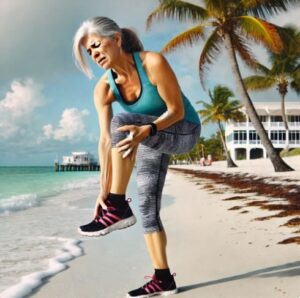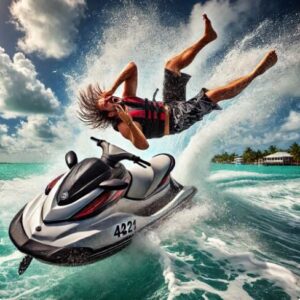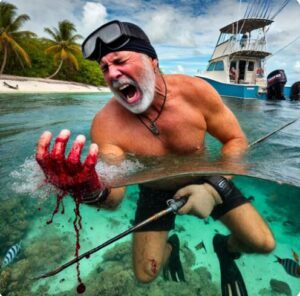Share this post
Diving & Snorkeling Hazards in Key West: Safety Tips by Dr. Jason Pirozzolo
In Key West, one always has to be mindful of potential hazards of diving and snorkeling. These popular activities allow visitors to explore vibrant coral reefs and encounter fascinating marine life, but they also come with unique risks. Dr. Jason Pirozzolo, a board-certified physician experienced in urgent care, often treats patients with diving and snorkeling-related injuries. “Minor incidents can quickly escalate if you’re not prepared or don’t recognize early warning signs,” he explains.
Injuries sustained while diving or snorkeling can range from mild to severe. The most common issues include ear barotrauma, coral cuts, and jellyfish stings, but more serious cases like decompression sickness (the bends) can occur as well. “In Key West, ear barotrauma is frequent because many first-time snorkelers don’t equalize pressure properly,” notes Dr. Pirozzolo. He advises taking breaks during dives and ascending slowly to prevent pressure-related injuries.
Why are these incidents common in Key West? The allure of the clear, warm waters and abundant marine life draws thousands of snorkelers and divers annually. However, a lack of experience, unfamiliarity with underwater environments, and inadequate equipment can increase the risk of injury. Strong currents, sharp coral reefs, and stinging marine organisms further contribute to the hazards. Dr. Pirozzolo emphasizes, “Even experienced divers can face unexpected situations due to rapidly changing water conditions.”
Typical symptoms of diving-related issues include ear pain, dizziness, and nausea. For snorkelers, coral cuts or contact with stinging sea life are the primary concerns. If you experience persistent ear discomfort, shortness of breath, or any unusual symptoms after diving or snorkeling, it’s essential to seek medical attention immediately. An urgent care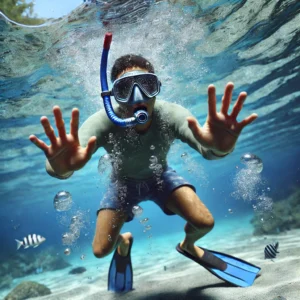 is well-equipped to handle such cases, offering treatments like ear irrigation, wound care, and oxygen therapy for decompression-related issues.
is well-equipped to handle such cases, offering treatments like ear irrigation, wound care, and oxygen therapy for decompression-related issues.
First aid for diving and snorkeling incidents depends on the type of injury. For ear barotrauma, resting and avoiding further dives are critical. Coral cuts should be thoroughly cleaned and covered to prevent infection. Applying vinegar to jellyfish stings can help neutralize the venom. Dr. Pirozzolo warns, “Ignoring minor wounds can lead to serious infections, especially in a marine environment.”
Preventing these injuries starts with proper preparation. Dr. Pirozzolo recommends using well-maintained equipment, receiving proper instruction, and staying within your skill level. For divers, monitoring your depth and ascent rate is crucial to avoid pressure-related injuries. “Don’t underestimate the importance of hydration and rest before and after dives,” he adds.
For those wondering about long-term effects, untreated diving injuries like barotrauma or decompression sickness can result in permanent damage to hearing or the nervous system. Proper care and adherence to safety guidelines can mitigate these risks. Dr. Pirozzolo advises, “When in doubt, always err on the side of caution and seek medical evaluation.”
If you have lingering questions about diving and snorkeling incidents, check out these frequently asked questions:
FAQs
- How can I prevent ear barotrauma while snorkeling? – Equalize the pressure by pinching your nose and gently blowing during descent.
- Are coral cuts dangerous? – Yes, they can easily become infected, so clean them thoroughly and monitor for signs of infection.
- What should I do if I feel dizzy after diving? – Rest, hydrate, and seek medical attention if symptoms persist.
- Is it safe to snorkel without a guide? – For beginners, it’s best to have a guide who knows the local waters and conditions.
- Can dehydration increase my risk of diving injuries? – Yes, staying well-hydrated is crucial to reducing your risk of decompression sickness.
For further reading, trusted sources like the Divers Alert Network (DAN) and Florida Department of Health offer detailed guidelines on safe diving and snorkeling practices. Remember, this article is for informational purposes only and does not replace professional medical advice. If you’re in Key West and experience any diving or snorkeling injuries, don’t hesitate to visit a local urgent care clinic.
Stay safe, and enjoy the stunning underwater world of Key West. Follow Dr. Jason Pirozzolo for more health insights and updates on keeping you and your family well during your coastal adventures.

